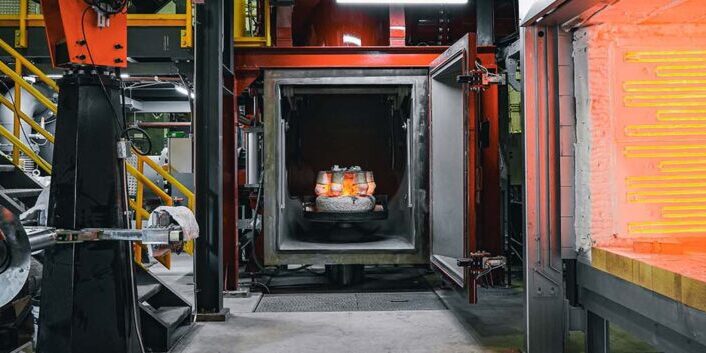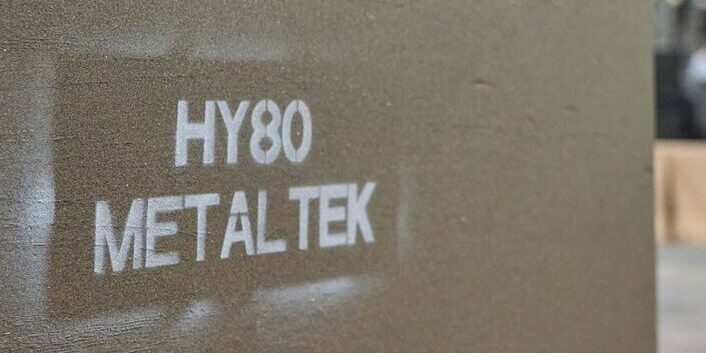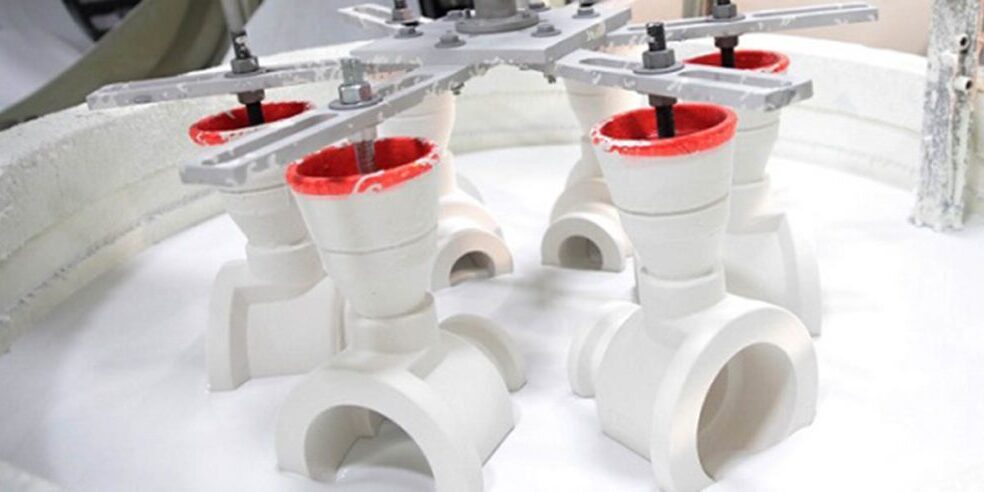Blog Petrochemical Rapid Shutdowns: How to Choose a Rapid Response Metal Casting Supplier
By: Dale Freihoff
Planned turnarounds are regular occurrences in the life cycle of a petrochemical plant. Every few years, a plant will go offline for a few weeks to upgrade capital equipment, perform regular maintenance, or improve worker safety – all activities that cannot take place while a plant is operational. When properly executed, a planned turnaround limits the downtime and lost revenue of the plant in the short term, while increasing the long-term profitability of operations.
Unfortunately, not all shutdowns are planned. Sometimes furnaces experience an unplanned shutdown, for a variety of reasons.
These unplanned events are often referred to simply as shutdowns but can also be referred to as rapid shutdowns (RSD) or emergency shutdowns.
Mechanical failure, electrical outage, loss of steam, fire, and other factors can cause a shutdown for a petrochemical plant. Lost revenue can amount to millions of dollars per day, leaving the plant with little time to replace any needed equipment and resume operations in order to meet annual production expectations.
In the event of a rapid shutdown, there are several factors that a plant operator or owner should consider when evaluating metal casting suppliers, especially when a rapid response is required to provide new petrochemical tubes, coils, fittings, or tube supports.
Does the metal casting supplier have significant petrochem experience?
During a rapid shutdown, time is critical. A good metal casting supplier will offer a plant a complete solution from product conception to delivery. Upon being notified of an RSD, a metal casting supplier should provide a detailed drawing of the products, cost, and a production plan within a matter of hours. All levels of the metal casting organization should have petrochemical experience, including sales, metallurgy, plant engineering, foundry, machining, fabrication, and shipping.
Typical experience includes:
- Ammonia production
- Convection and radiant furnaces
- Direct Reduction of Iron (DRI)
- Ethylene pyrolysis
- Hydrogen production through steam methane reforming (SMR)
- Methanol production through SMR
Typical petrochemical products offered by the metal casting company include:
- Bullhead tees
- Catalyst tubes, reformer tube assemblies, or steam reformer assemblies
- Convection and radiant section tubes supports, or radiant tube trees
- Return bends
- Ethylene cracker tubes and fittings, ethylene coils, or pyrolysis coils
- Heater hardware
- Manifold tubes and assemblies
- Pyrolysis furnace coils
- Radiant sections
- Wye fittings
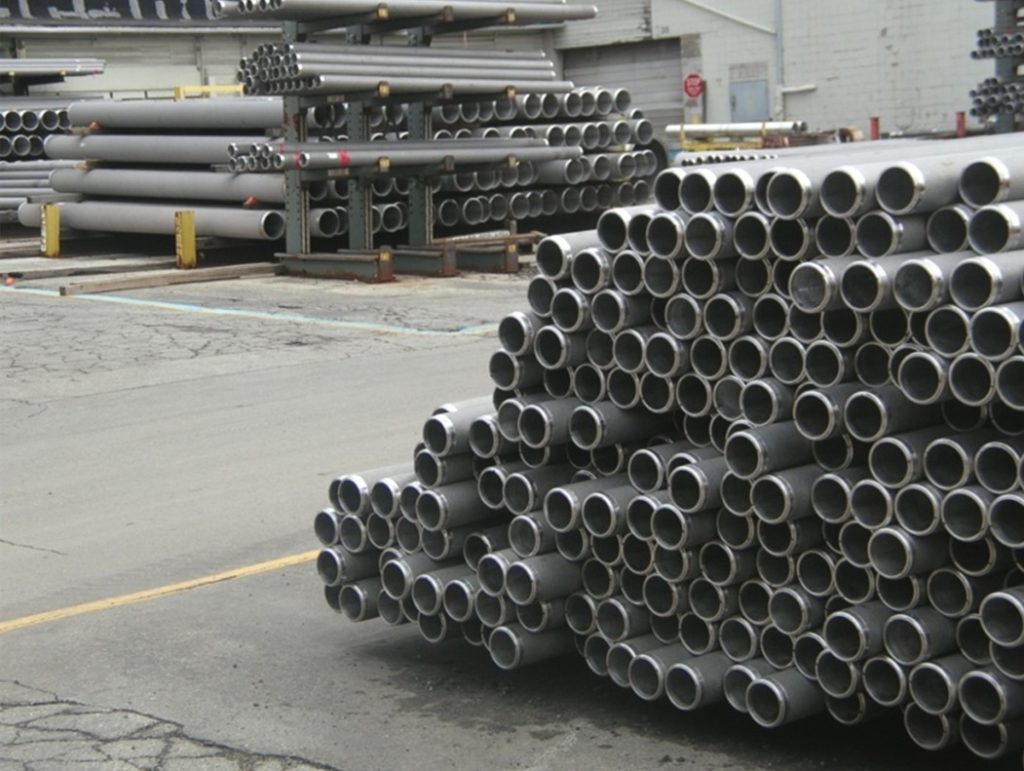
Such broad application and product experience will result in the ability to anticipate challenges and provide a complete and coordinated turnkey solution for petrochemical RSDs. This limits plant downtime and lost revenue.
Does the company have a full range of metal casting processes?
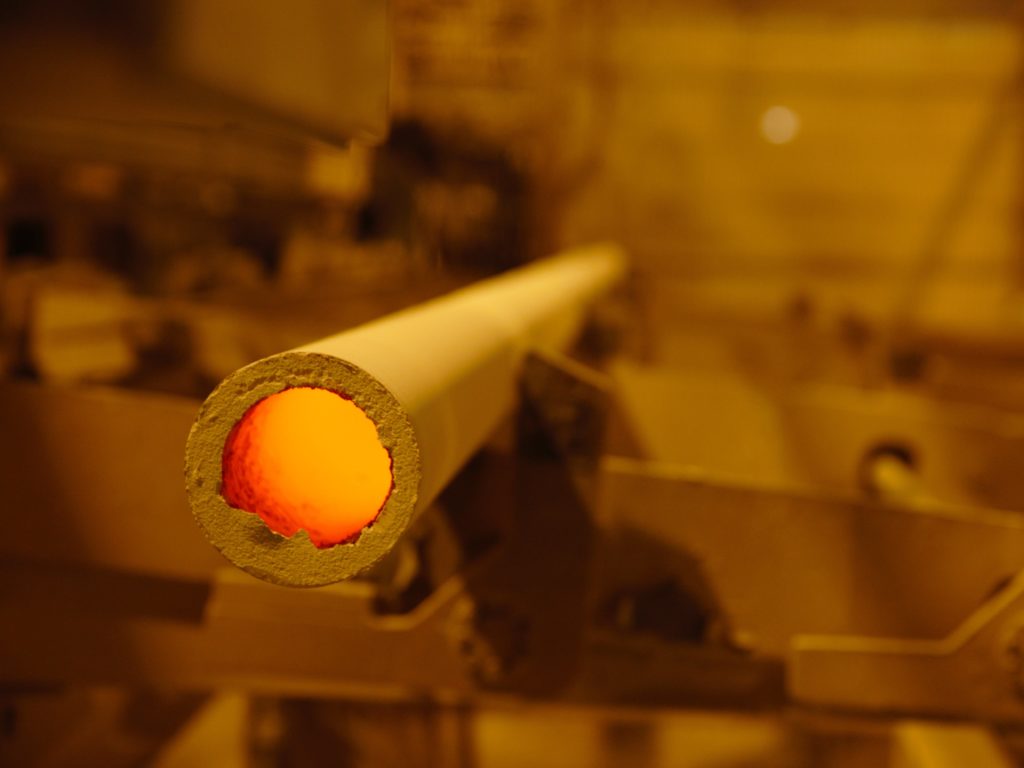
Tube assemblies for petrochemical furnace installations can be a fabricated combination of centrifugal castings, sand castings, and investment castings. Because these assemblies operate in extremely high temperatures over long periods of time, quality assurance is essential. This quality assurance will come from a fully integrated supplier of components for high-temperature applications that has in-house fabrication and testing capabilities. This full range of capabilities will simplify the process and ensure that you get your high-quality parts as quickly as possible. Why use two or more metal casting suppliers for one petrochemical assembly when time and inconsistent quality are what you can least afford?
Does the metal casting supplier have a broad selection of heat-resistant alloys?
Simply put, the right alloy extends product life. Several alloy families are capable of being used at temperatures above 1650⁰ Fahrenheit (898⁰ Celsius) with acceptable levels of stress rupture and creep strength and are therefore ideally suited for petrochem applications.
- Chrome nickel austenitic alloys (heat-resistant stainless alloys)
- Nickel-based alloys
- Cobalt chrome nickel-based alloys
For example, petrochemical manifolds are traditionally made from wrought alloy 800H. However, an alloy such as MetalTek’s MTEK SUPER 20-32Nb offers creep resistance superior to the wrought alloy while retaining excellent aged ductility. Experienced metallurgists supported by a broad selection of alloys can quickly make specific recommendations to eliminate future rapid shutdowns due to equipment failure in the high-heat, high-wear, and high-corrosion environment of a petrochem plant.
What are the machining and fabrication capabilities of the supplier?
The ability for a metal casting company to machine and fabricate petrochemical assemblies on-site will simplify operations and save valuable time compared to using a third party once the products are cast. This kind of metals partner will likely have experience fabricating assemblies using centrifugal castings, investment castings, and sand castings, which should result in a superior product requiring less long-term maintenance.
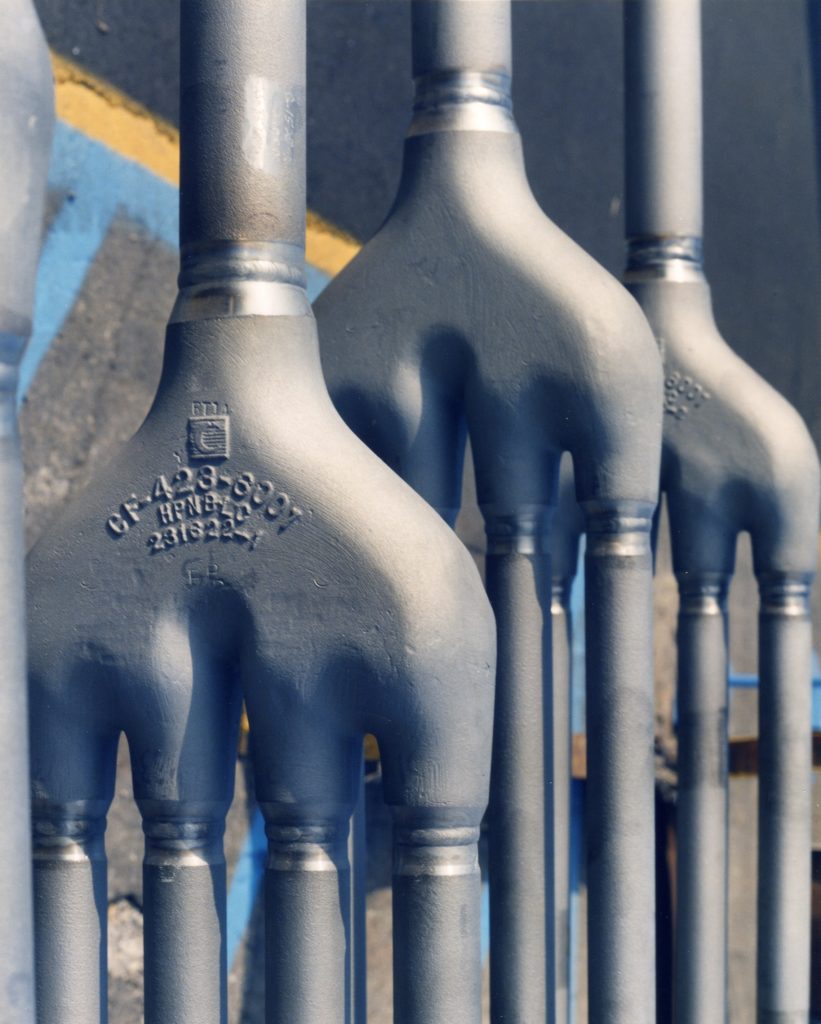
What are their shipping capabilities?
Shipping petrochemical tubes or assemblies is a complex operation. First, it is necessary to procure appropriate packaging that must be able to withstand the physical demands of long travel. Second, a metals partner must have relationships with third party logistics (3PL) firms that can ship the products for prompt delivery at a competitive price.
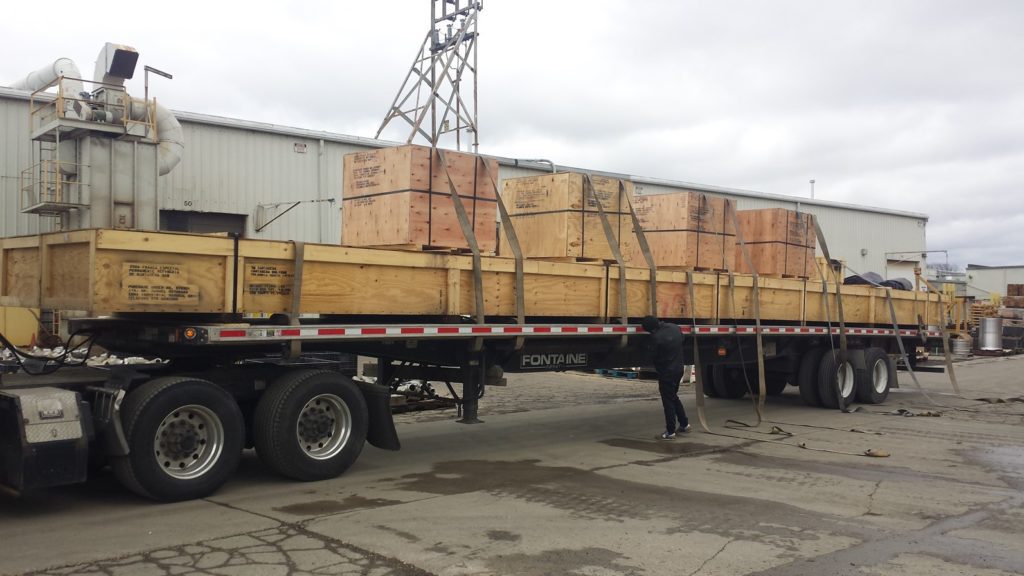
A supplier with experience servicing petrochemical customers in multiple countries across the world will have the scale required to quickly respond to the immediate needs of a petrochemical rapid shutdown.
Summary
In the event of a rapid shutdown, limiting downtime and lost revenue is paramount. A metal casting supplier needs to have significant petrochemical industry experience in order to quickly respond to your needs and anticipate product challenges.
The supplier also needs to be able to recommend specific alloys that will extend product life in the high-heat and high-wear environment of a petrochemical plant, eliminating future unplanned shutdowns due to equipment failure.
Finally, a full range of metal casting processes including centrifugal, investment, and sand combined with in-house machining and fabrication capabilities will allow the metal casting supplier to provide the highest measure of testing and quality assurance in the least amount of time.
MetalTek International has significant experience in providing solutions for petrochemical rapid shutdowns. Recently, a customer in South America experienced a major failure in its primary hydrogen reformer that left it unable to process crude oil into fuel. MetalTek accepted the challenge of delivering 200 complete reformer tubes in only five weeks.
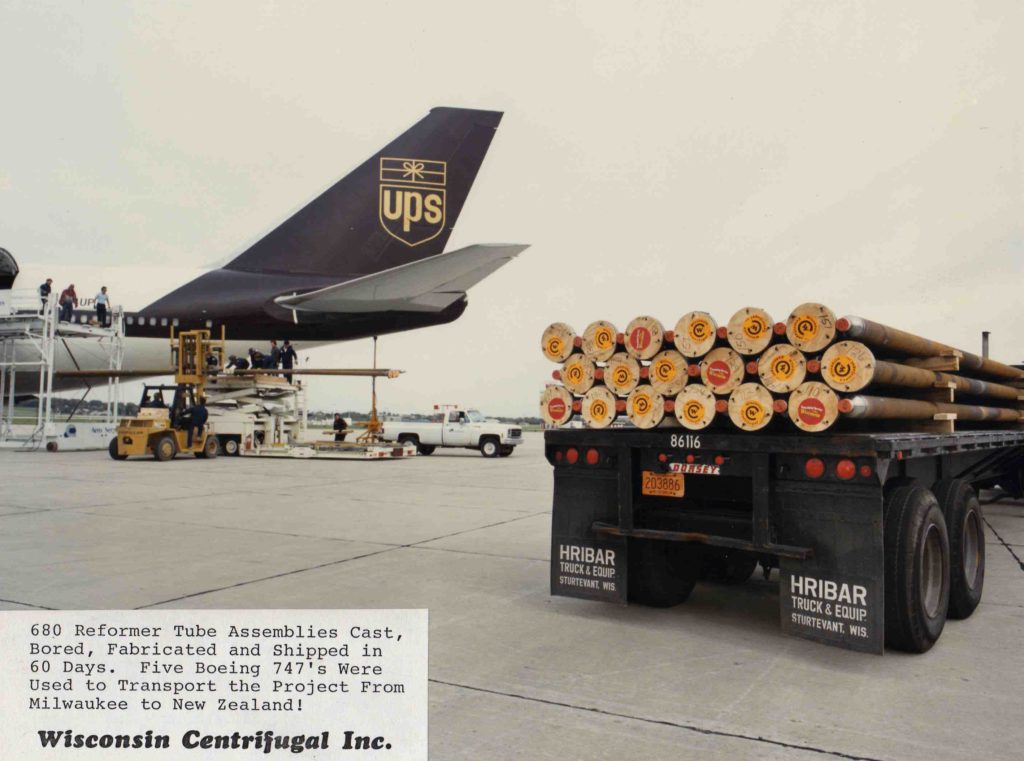
There were hundreds of centrifugal castings to pour, test, machine, and inspect prior to final fabrication. The customer had its choices of metal casting suppliers, but selected MetalTek because of its fair price, complete range of capabilities, and rich history of rapidly responding to customers experiencing rapid shutdowns.
If a mechanical failure or another factor has caused an unplanned shutdown at your petrochemical plant, give us a call by phone or submit a request for quote through MetalTek.com. Our petrochem rapid response team will be ready for the challenge.

